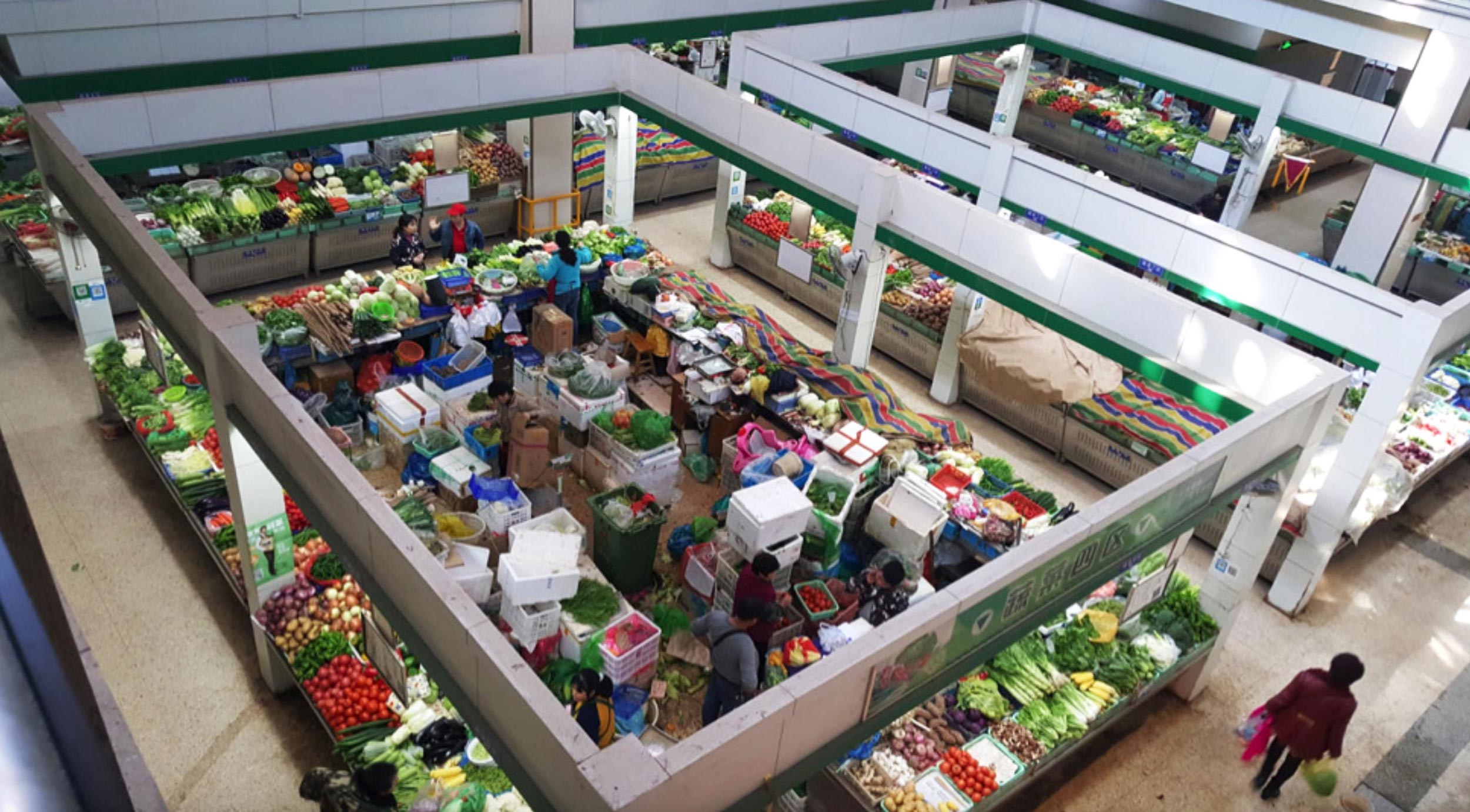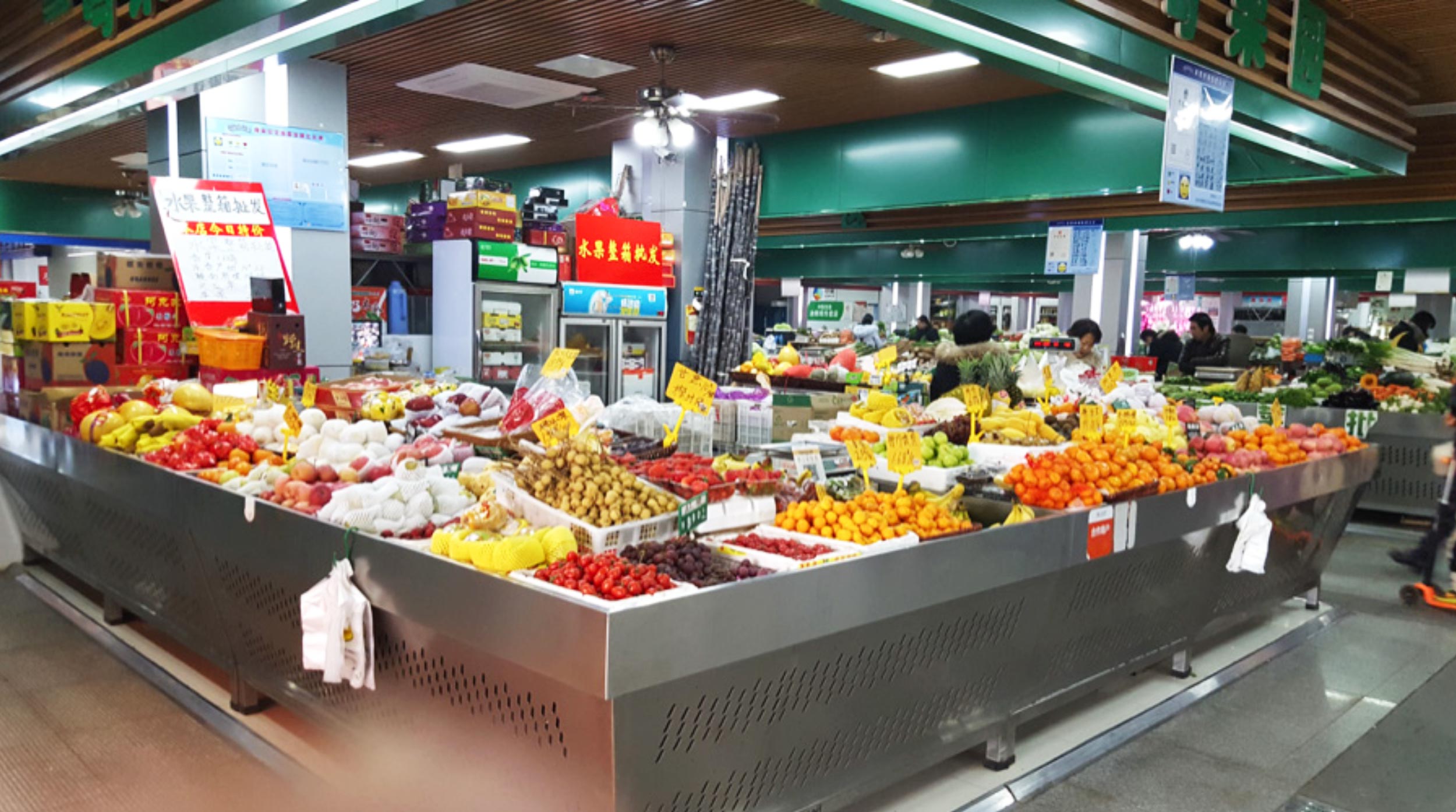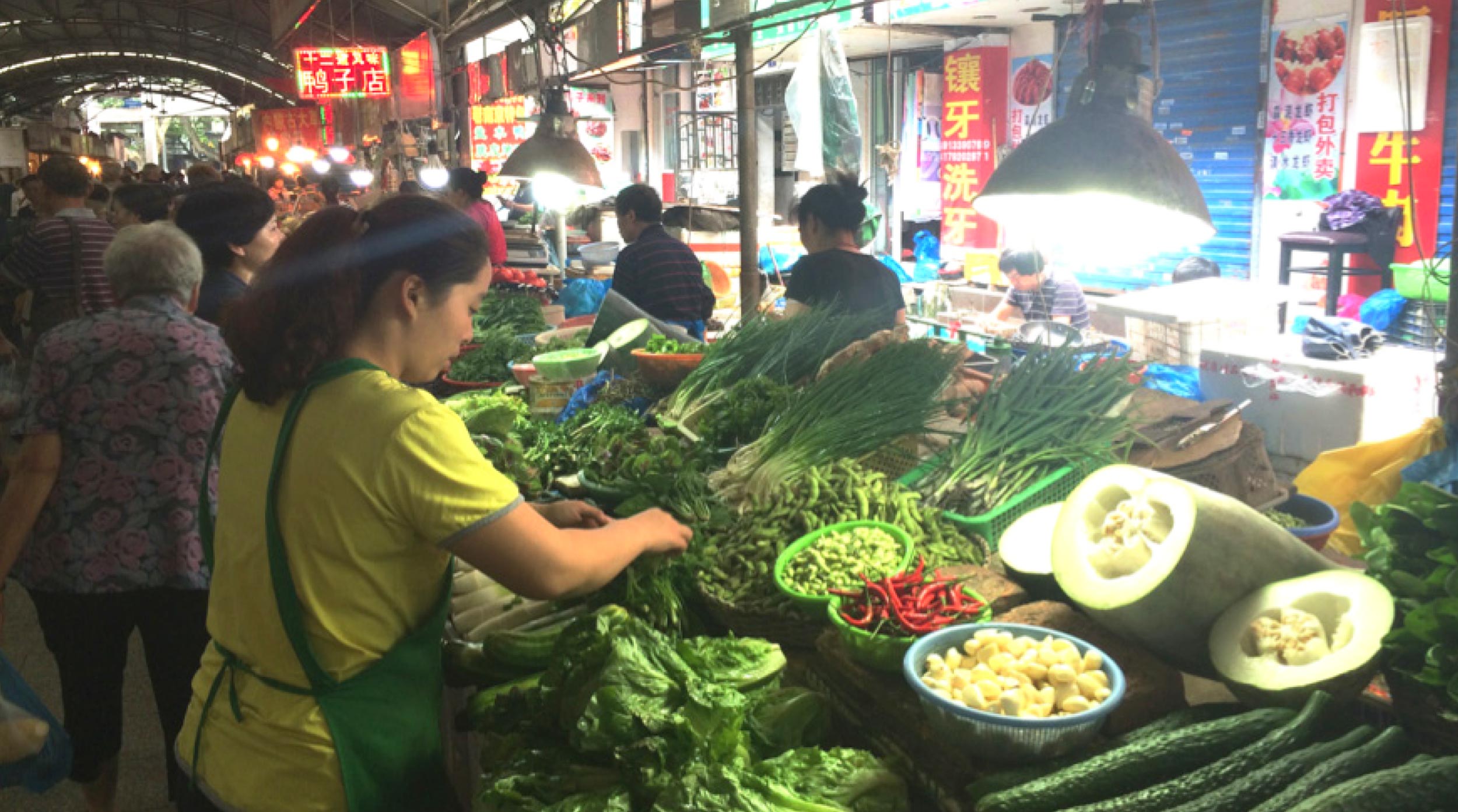NANJING, CHINA
Known as the Southern Capital in China, Nanjing is a vibrant and beautiful city with historical political prominence. The city is a centre for education and is the capital of Jiangsu province. Nanjing has also seen rapid development with large rural communities migrating into Nanjing over the recent years. As a result, Nanjing has undergone rapid expansion to accommodate this continued in-migration.
Food consumption patterns in Nanjing also reflect the unique challenges inherent in the Nanjing food system. In order to support consumer demands for food freshness and safety, the Nanjing food system has evolved to present multiple avenues to responsibly source and produce food. While supermarkets and e-commerce of food have been growing rapidly, wet markets still dominate the supply of fresh produce. Nanjing represents both historical importance and modern innovation which make this city a dynamic example of an urban food system.




